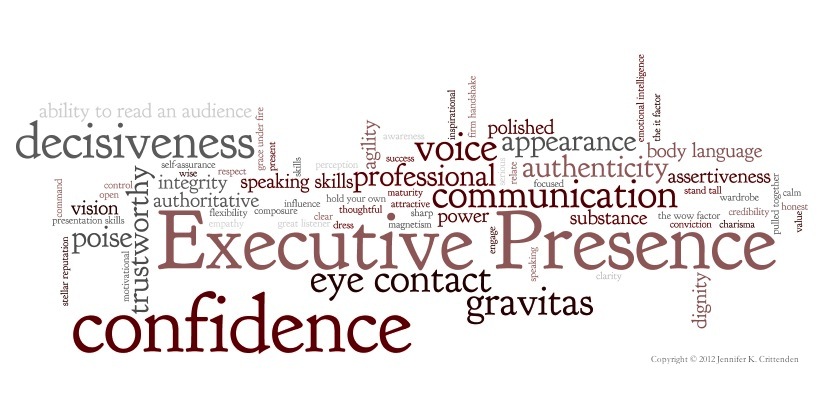We’ll address here a small but important point. Social norms have changed, and punctuality is no longer taken as seriously as it once was. However, I notice an imbalance in power between the tardy ones and the ones kept waiting. Let’s be sure you are not the rude one who thinks punctuality is unimportant but is secretly resented by your friends and associates. Waiting for someone is disempowering. Unless you’re trying to pull a power play on someone, thereby certainly losing some of your niceness, don’t be late.
For many of us, tardiness is just a habit. We are so accustomed to being late everywhere that we don’t even think about it—it’s just part of who we are. We chronically underestimate the amount of time it takes to get somewhere. We insist on cramming too many activities in the last few minutes before we leave, resulting in habitual lateness, and sometimes extraordinary delays when traffic, transit, and weather problems aggravate the late start. While friends and family may chuckle about us, not everyone finds this habit charming.
It’s worth thinking about what message it sends. We may not intend for our lateness to be a sign of disrespect or rudeness, but the person who finds herself waiting at the coffee shop for us to arrive, the professor who has set up an appointment for us, or the colleague who is sitting by the phone waiting for our call will wonder if we are really interested in talking to them. It’s unpleasant for them, and that’s our fault.
One of my clients brought up her chronic lateness as a serious issue affecting her personal relationships as well as her performance at work. When I suggested she vow to be on time to all her obligations for a week just to see what her life would be like, she was surprised. It had not occurred to her you could simply make up your mind to be on time to events. She was game. The results were remarkable: her life was less stressful, she had a chance to meet some new colleagues before a meeting, and her boyfriend was delighted. She consciously chose to turn over a new leaf immediately. You too can make punctuality a habit.
Excerpt from You, Not I: Exceptional Presence Through the Eyes of Others
© 2014 Jennifer K. Crittenden





 Ten 90-minute individualized sessions. Private and confidential.
Ten 90-minute individualized sessions. Private and confidential.

